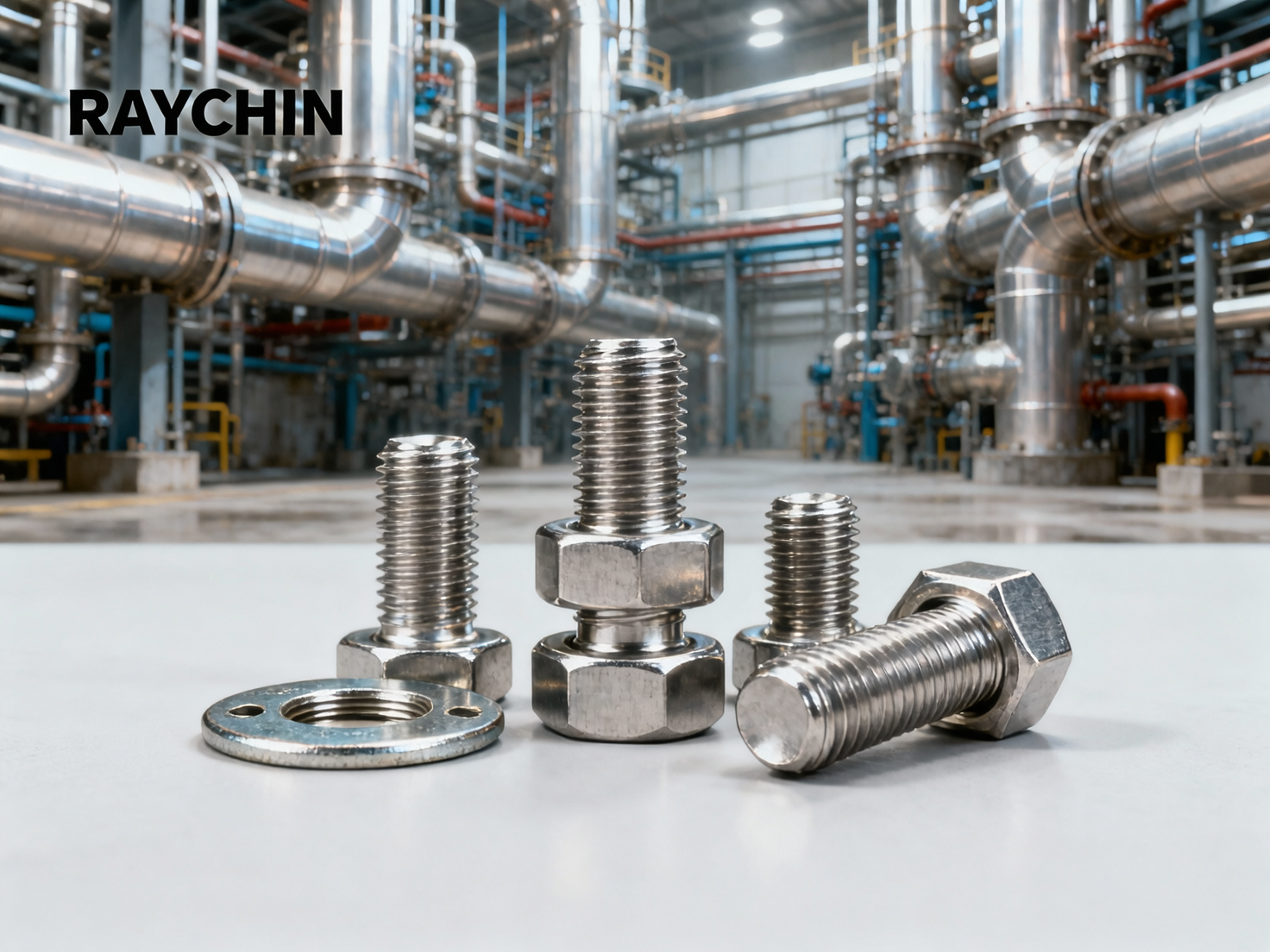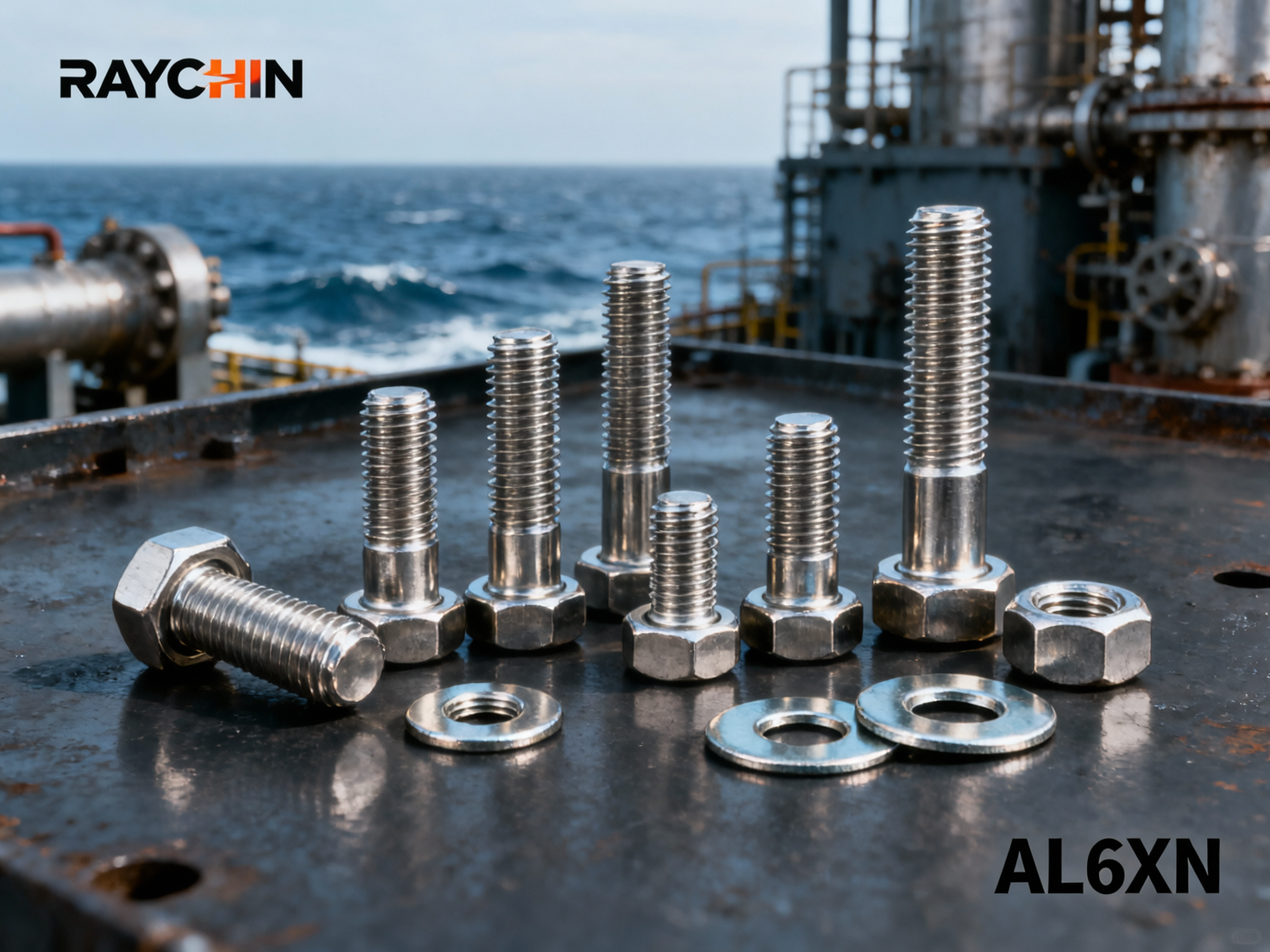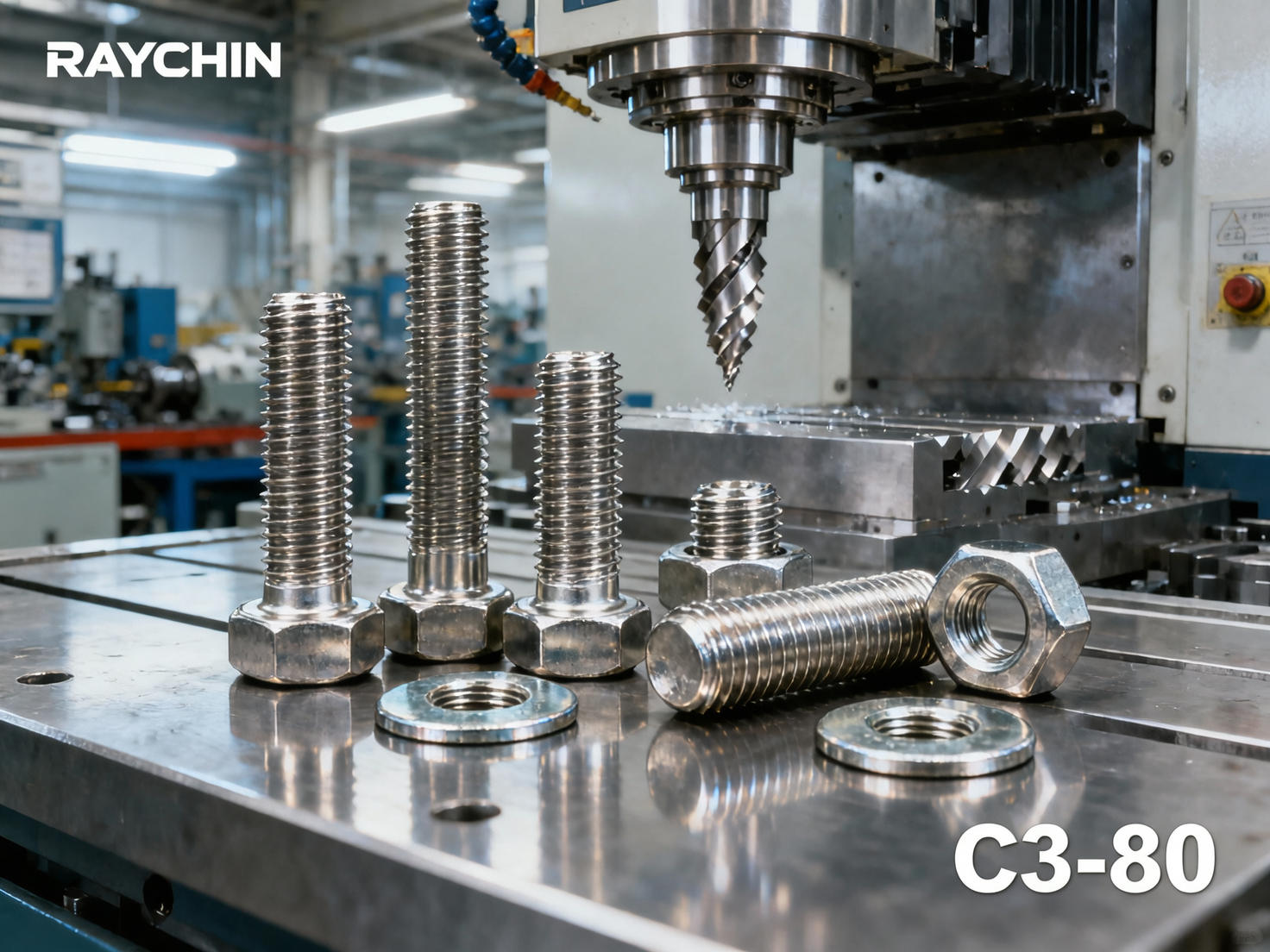Categories List
Recent Posts
![Duplex Stainless Steel Fasteners: The Guide to High-Strength Corrosion-Resistant Fastening Solutions Duplex Stainless Steel Fasteners: The Guide to High-Strength Corrosion-Resistant Fastening Solutions]() Duplex Stainless Steel Fasteners: The Guide to High-Strength Corrosion-Resistant Fastening Solutions
Duplex Stainless Steel Fasteners: The Guide to High-Strength Corrosion-Resistant Fastening Solutions![AL6XN Fasteners: The Guide to Super-Austenitic Stainless Steel Solutions for Severe Chloride Environments AL6XN Fasteners: The Guide to Super-Austenitic Stainless Steel Solutions for Severe Chloride Environments]() AL6XN Fasteners: The Guide to Super-Austenitic Stainless Steel Solutions for Severe Chloride Environments
AL6XN Fasteners: The Guide to Super-Austenitic Stainless Steel Solutions for Severe Chloride Environments![C3-80 Fasteners: The Complete Guide to Martensitic Stainless Steel Solutions for General Corrosion Resistance C3-80 Fasteners: The Complete Guide to Martensitic Stainless Steel Solutions for General Corrosion Resistance]() C3-80 Fasteners: The Complete Guide to Martensitic Stainless Steel Solutions for General Corrosion Resistance
C3-80 Fasteners: The Complete Guide to Martensitic Stainless Steel Solutions for General Corrosion Resistance
Understanding High-Performance Fastener Alloys
In extreme operating conditions—from chemical processing plants to offshore oil rigs—standard stainless steel fasteners often fail prematurely. This has driven demand for specialized alloys like Hastelloy that offer exceptional resistance to corrosion, oxidation and stress cracking.
What Makes Hastelloy Unique?
Hastelloy fasteners (including bolts, nuts, screws and washers) belong to a family of nickel-chromium-molybdenum superalloys renowned for:
- Unmatched resistance to pitting, crevice corrosion and stress corrosion cracking
- Maintaining strength at elevated temperatures up to 1000°C (1832°F)
- Excellent performance in both reducing and oxidizing acids
- Superior weldability and formability compared to many alternatives
Head-to-Head: Hastelloy vs Common Alternatives
Key Differentiators
While Inconel offers slightly higher mechanical strength, Hastelloy bolts provide superior performance in:
- Hydrochloric acid environments
- Wet chlorine service
- Phosphoric acid processing
- Pulp and paper bleaching systems
Application-Specific Recommendations
Chemical Processing Industry
For reactors, heat exchangers and piping systems handling aggressive media, Hastelloy C276 fasteners are often the only viable option. Their resistance to sulfuric, hydrochloric and phosphoric acids prevents catastrophic failures.
Marine & Offshore
While duplex stainless steels work for many seawater applications, Hastelloy bolts and washers become essential for:
- Subsea equipment with H2S exposure
- Ballast water treatment systems
- Desalination plant components
Cost vs Performance Considerations
Though Hastelloy fasteners command a 30-50% premium over 316 stainless, their lifecycle cost proves lower through:
- Extended service intervals (3-5x typical stainless)
- Elimination of unplanned downtime
- Reduced maintenance labor costs
When to Consider Alternatives
For less demanding applications, these cost-effective options may suffice:
- 317L stainless for mild chemical exposure
- Alloy 20 for sulfuric acid service
- Monel for hydrofluoric acid environments
Why Choose RAYCHIN for Your Hastelloy Fasteners
With 15+ years specializing in high-performance alloy fasteners, RAYCHIN delivers:
- Full traceability with mill test certificates
- Custom machining for non-standard sizes
- Technical support for material selection
- Global logistics network
Contact our engineering team today for application-specific recommendations on Hastelloy bolts, nuts, screws and washers tailored to your operational requirements.
Request A Quote! We'll respond as soon as possible(within 12 hours)
Get a Quote



